With the upcoming release of Avengers: Infinity War (Anthony and Joe Russo, 2018), I thought I’d look back at the previous Avengers film, Avengers: Age of Ultron (Joss Whedon, 2015). While it isn’t regarded as a terrible or bad film by most, many brush it off as being more of the same and bogged down in setting up future movies, as well as other complaints. While I agree it isn’t among the very best MCU movies, I feel like it gets dismissed too easily. Age of Ultron brings us further into the dynamics of the team and allows us to truly understand who the Avengers are. If Avengers (Joss Whedon, 2012) is about how "Earth’s mightiest heroes" can come together, Age of Ultron is an exploration of how the group operates afterwards. Avengers is the story of flawed “gods” from different creeds and backgrounds coming together for one shared cause. Age of Ultron is the story of monsters, as seen in the various members of the team, either creating monsters or being monsters themselves, as shown through these archetypes; the mad scientist and the monster continuing a cycle of violence that threatens everything.
| | |
The movie, particularly, the character of Ultron, employs many Biblical allusions. Ultron refers to Captain America as “God’s righteous man. Pretending that you can live without a war." He first meets the twins in a church, which was built in the center of the town, so that everyone will be equally close to God, and says he will “build his church” on vibranium (his chosen rock). He equates his plan with God flooding the world, which points to the fact that Ultron believes that he is God and that it is his duty to destroy humanity so that it will evolve and create peace. His sitting in the center of the church is like God sitting on his throne.
Let's go back to that line referring to Cap as the righteous man. Here, Ultron is pointing out that Captain America is a soldier, and without a war, he has no place. The Avengers gave Cap an avenue to continue the fight, to retain his sense of purpose. In many ways, this is what the Avengers are here for: to stop threats to the world. If there are no threats, no more Avengers. If there are threats, the cycle continues. This was why Tony wanted to create Ultron: to be the suit of armor to protect the earth from cosmic threats like the Chittari from the first Avengers. But in doing that, Tony created another threat. Another demon to dread.
| | | |
The cycle clearly hasn’t stopped in these movies, seeing how the MCU continues to this day. But there is acknowledgement of the failings and troubles of these characters we all come to admire. While we know from their own movies and even the previous Avengers film that these are far from flawless people, Age of Ultron addresses the idea the demons they create are a cycle, much like others in the superhero genre. Some villains are self-made; others are born of the heroes, or even exist merely to challenge them. But what makes the Avengers special is that they acknowledge the nature of this cycle and must understand that they must own up to what they have wrought, which is perfectly encapsulated in Hawkeye’s (Jeremy Renner) words to Wanda Maximoff, “Its your fault, it's everyone's fault. Who cares? Are you up for this? Are you? I need to know, because the city is flying. The city is flying, there’s an army of robots… and I have a bow and arrow. None of this makes sense… It doesn’t matter what you did, or what you were, if you go out there, you fight… but if you step out that door, you are an Avenger”. It’s up to us to own our mistakes and we can choose what to do next. Ignore the problem or stand for change. We are all responsible. We create monsters. We transgress against each other all the time. As Banner says and Ultron realizes, the biggest threat to people are people. As Vision observes, “Humans are odd. They think order and chaos are somehow opposites and try to control what won’t be. But there is grace in their failings. I think you missed that”. Avengers: Age of Ultron is an exploration of what it means to be human, like most all art, by capturing the worst and best of humanity.
Works Cited
Whedon, Joss, director. Avengers: Age of Ultron. Walt Disney Studios Home Entertainment, 2015
Whedon, Joss, director. The Avengers. Walt Disney Studios Home Entertainment, 2012.
Black, Shane, director. Iron Man 3. Walt Disney Studios Home Entertainment, 2013.
Favreau, Jon, director. Iron Man. Paramount Pictures, 2008.
Favreau, Jon, director. Iron Man 2. Paramount Pictures, 2010.
Russo, Anthony and Joe Russo, directors. Captain America: Winter Soldier. Walt Disney Studios Home Entertainment, 2014
Whale, James, director. Frankenstein. Universal Pictures, 1931.
King James Bible. Holman Bible Publishers, 1973.
Britannica, The Editors of Encyclopaedia. “Frankenstein.” Encyclopædia Britannica, Encyclopædia Britannica, Inc., 27 Apr. 2017, www.britannica.com/topic/Frankenstein.
Siegel, Jerry (w), Shuster, Joe (p, i). Action Comics #23 (1940). DC Comics.
Lee, Stan (w), Kirby, Jack (p), Reinman, Paul (i). "The Hulk" The Incredible Hulk 1 (May 1962)

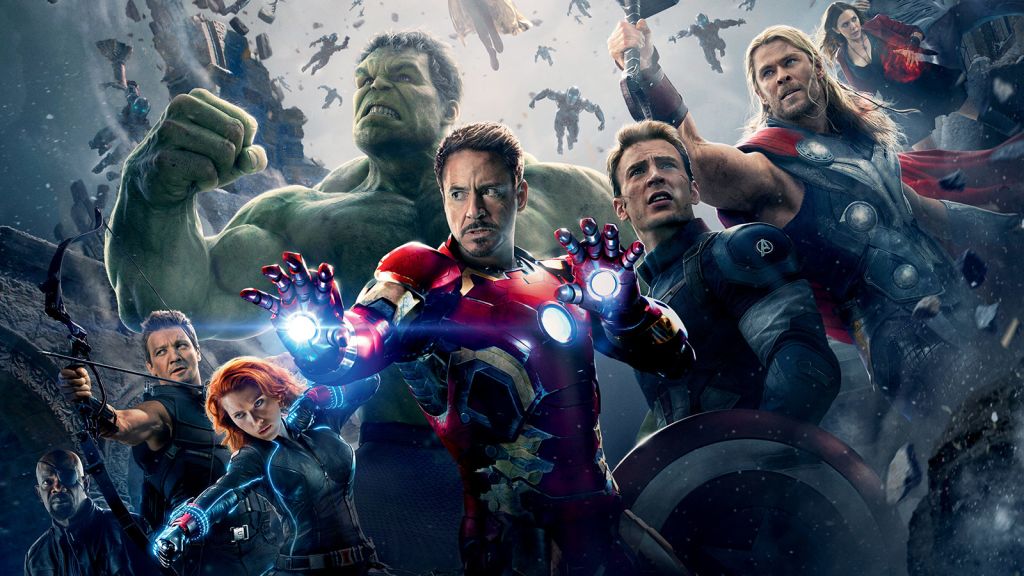
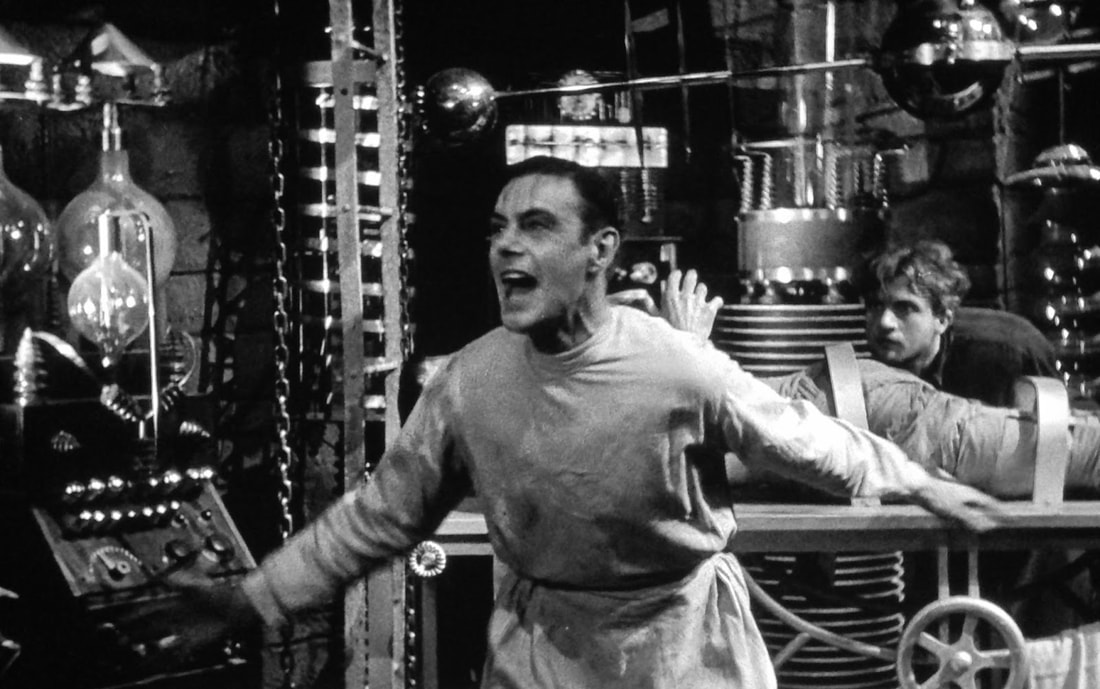
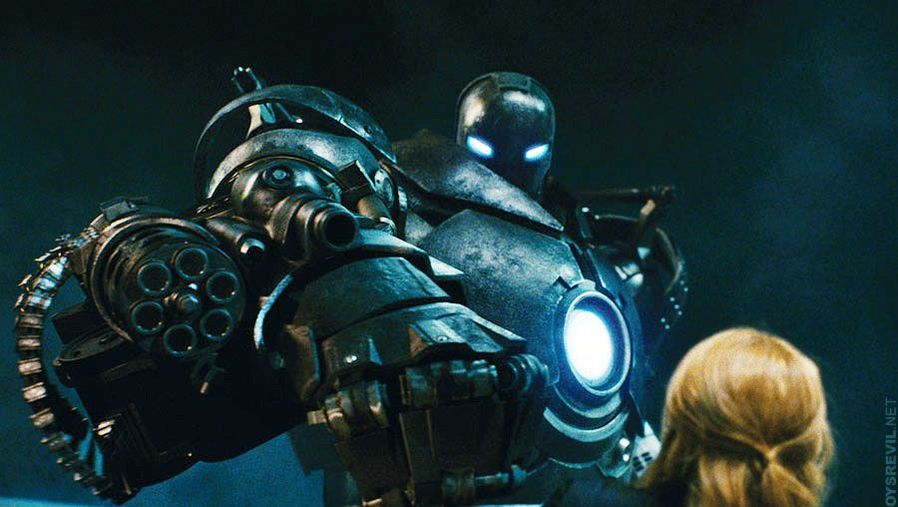
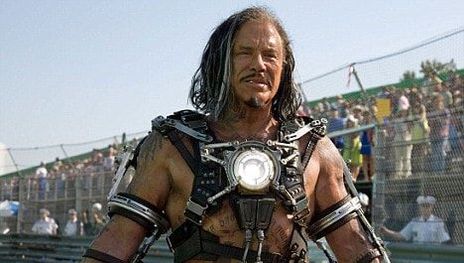
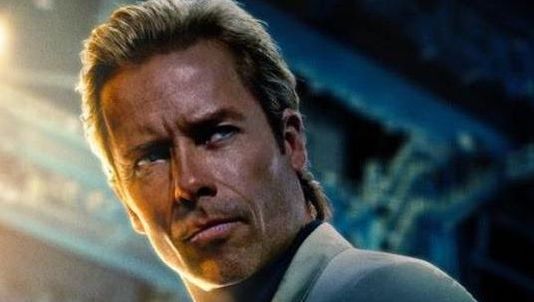
 RSS Feed
RSS Feed
